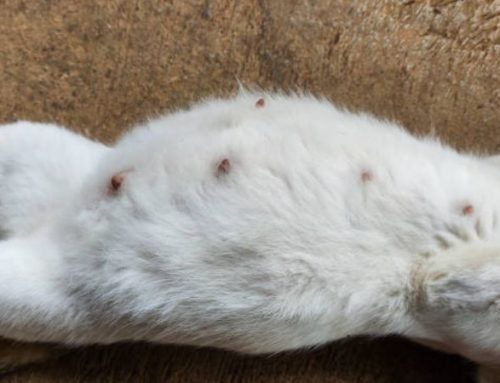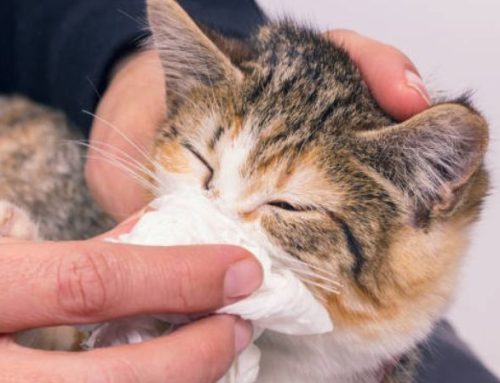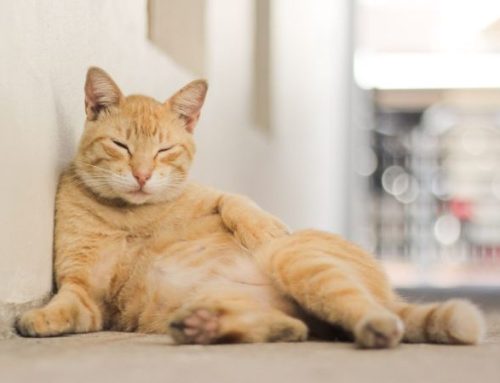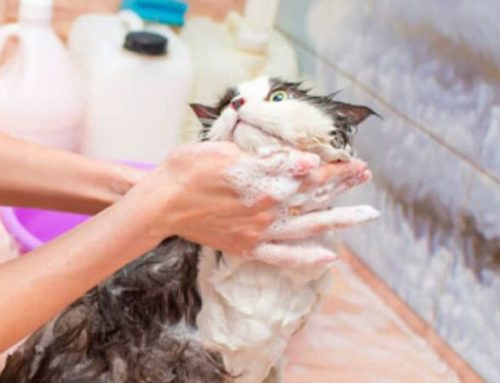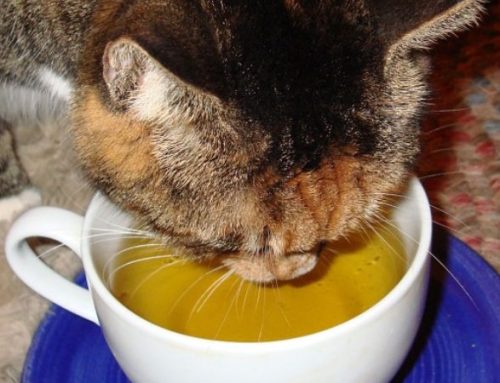Cats may hide it well, but a sore mouth can make even the friendliest feline uncomfortable and reluctant to eat or play. Oral ulcers—painful sores that can appear on the gums, tongue, lips, or inside the cheeks are more common than many pet owners realize, and their causes range from infections and immune reactions to injuries or underlying illnesses.
Understanding these lesions is key to keeping your cat healthy, happy, and pain-free. Dive in to explore everything you need to know about cat stomatitis and mouth sores, including their causes, at-home care tips, and what to expect for your cat’s long-term health.
What Causes Stomatitis in Cats?
Stomatitis in cats is a painful and often frustrating oral condition that involves widespread inflammation and ulceration of the mouth’s mucous membranes. Unlike simple gingivitis, which affects only the gums, stomatitis can involve the gums, tongue, inner lips, palate, and even the back of the throat. Understanding the causes of feline stomatitis is essential for effective management and treatment.
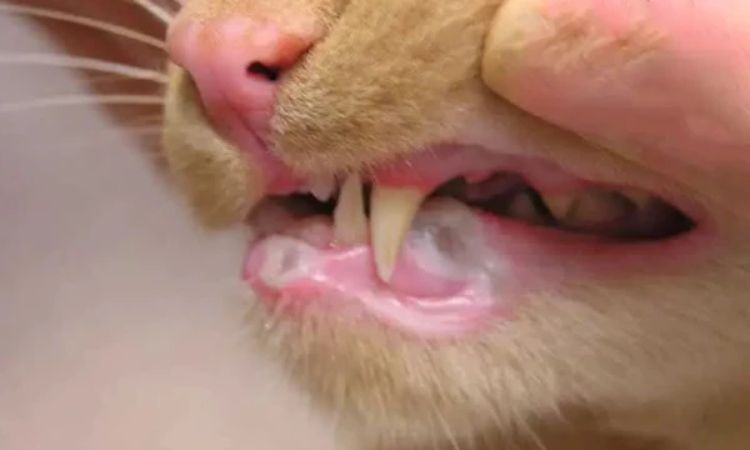
The Role of the Immune System
One of the primary factors behind stomatitis is an overactive immune response. In many cats, the immune system reacts excessively to bacterial plaque on the teeth, causing chronic inflammation throughout the mouth. This condition is sometimes referred to as immune-mediated stomatitis. Unlike routine gingivitis, which may be reversible with proper oral care, stomatitis is persistent and can significantly impact a cat’s quality of life.
Cats with underlying viral infections are also more susceptible. Viruses such as feline immunodeficiency virus (FIV) and feline leukemia virus (FeLV) can alter immune function, making cats more prone to developing severe oral inflammation. While not all cats with these viruses will develop stomatitis, these infections increase the risk and severity of the condition.
Bacterial Plaque and Oral Health
Bacterial plaque plays a central role in the development of stomatitis. Plaque is a sticky film of bacteria that accumulates on teeth and along the gumline. In some cats, the immune system reacts strongly to these bacteria, triggering inflammation not only in the gums but also in the surrounding oral tissues. While bacterial infections may worsen the condition, they are often secondary to the underlying immune response.
Viral Infections
Certain viral infections, such as calicivirus and herpesvirus, can contribute to the development of oral ulcers and exacerbate stomatitis. These viruses often cause upper respiratory symptoms alongside painful mouth sores. Cats may experience ulcers on the tongue, gums, and other oral surfaces, and in some cases, the viruses can trigger a chronic immune response leading to persistent stomatitis.
Other Contributing Factors
While immune dysfunction and viral infections are the most common causes, several other factors can contribute to stomatitis in cats:
- Dental disease: Conditions like gingivitis and periodontal disease may trigger an exaggerated immune response, worsening stomatitis.
- Oral trauma: Injuries to the mouth, such as chewing on sharp objects, can aggravate inflammation.
- Allergic reactions: Some cases of stomatitis are associated with feline allergic responses, including food allergies or environmental allergens.
- Indolent ulcers (rodent ulcers): Part of the Eosinophilic Granuloma Complex (EGC), these immune-mediated lesions can occur alongside or trigger stomatitis.
Clinical Signs to Watch For
Cats with stomatitis often exhibit noticeable changes in behavior and oral health, including:
- Red, swollen, or ulcerated gums
- Excessive drooling
- Difficulty eating or refusing food
- Weight loss and decreased grooming
- Halitosis (bad breath)
- Pawing at the mouth due to pain
Because stomatitis is extremely painful, even cats that appear active and alert may be suffering quietly. Early recognition and intervention are crucial to prevent deterioration in health and quality of life.
Comprehensive Medical Treatment for Stomatitis
Stomatitis is a severe, chronic inflammation of the cat’s mouth that affects the gums, tongue, lips, palate, and mucous membranes. Effective management requires a tiered approach: immediate medical management, definitive treatment, advanced therapies for refractory cases, and careful long-term monitoring.
1. Medication and Acute Management
Before any definitive treatment, acute symptoms must be addressed to reduce pain, control infection, and stabilize the cat’s condition.
Pain Management
Stomatitis is extremely painful, and cats often stop eating due to oral discomfort. Pain management is critical and typically includes:
- Analgesics: Non-steroidal anti-inflammatory drugs (NSAIDs) or opioid medications are used under veterinary supervision.
- Anti-inflammatory medications: Corticosteroids may be prescribed to reduce severe inflammation and improve eating ability temporarily.
- Immune-modulating therapy: Medications such as cyclosporine or interferons help regulate the abnormal immune response that drives stomatitis.
Infection Control (Cat Mouth Infection Medicine)
Secondary bacterial infections are common due to plaque accumulation. Strategies include:
- Systemic antibiotics, such as doxycycline, to target bacterial infections. Doxycycline may be given orally or as a liquid formulation to prevent esophageal irritation.
- Topical antiseptics, like chlorhexidine gels or rinses, to reduce bacterial load in the oral cavity.
- Soft or liquid diets to minimize oral trauma and allow the cat to maintain nutrition. In severe cases, a feeding tube may be temporarily necessary.
While these treatments provide temporary relief, they rarely resolve severe stomatitis permanently without surgical intervention.
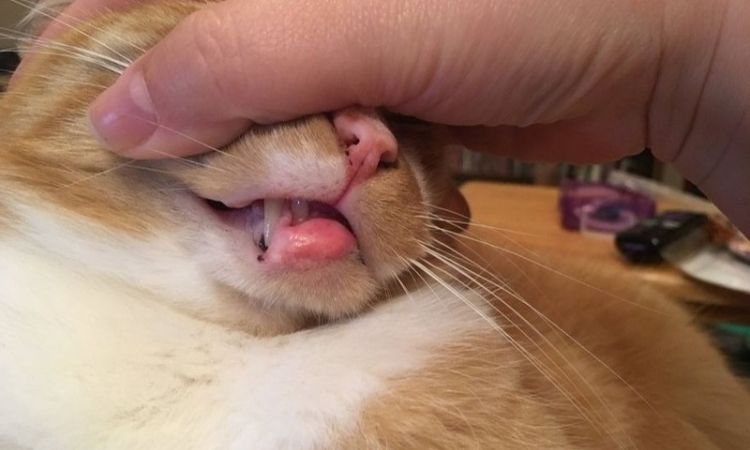
2. The Definitive Treatment: Full Mouth Extraction (FME)
For cats with severe or refractory stomatitis, Full Mouth Extraction is considered the gold standard.
What is FME?
- FME involves the removal of all or nearly all teeth, eliminating chronic irritation caused by plaque accumulation and immune-mediated reactions to dental structures.
- Despite the apparent severity of this procedure, cats adapt well and can eat a normal diet post-recovery.
FME Success Rates
- Research and clinical experience indicate that approximately 90% of cats show complete resolution of clinical symptoms after FME.
- Cats often experience dramatic improvements in appetite, weight, grooming behavior, and overall quality of life.
- Partial extractions may be considered for select cats, but full-mouth extraction generally yields the highest long-term success in controlling inflammation.
3. Advanced Cat Mouth Sores Treatment Options
Some cats may continue to experience oral inflammation despite FME or may not be surgical candidates. Advanced therapies may include:
Laser Therapy
- Laser treatment can reduce inflammation, promote tissue healing, and decrease bacterial load.
- Typically used as an adjunctive therapy post-extraction or for localized oral lesions.
Stem Cell Therapy
- Stem cell treatments aim to modulate the immune system and repair oral tissues.
- While still experimental, early studies show promise in refractory stomatitis cases where conventional treatments fail.
Long-Term Monitoring and Maintenance
Even after successful FME, ongoing care is critical to prevent recurrence or secondary oral problems:
- Regular veterinary check-ups with oral exams and dental radiographs as indicated
- Home oral care, including daily brushing with cat-specific toothpaste, antiseptic rinses, or dental wipes
- Softened diets initially post-surgery, gradually reintroducing kibble if tolerated
- Observation for systemic issues (kidney disease, viral infections such as FIV or FeLV, or allergies) that could contribute to oral inflammation
Allergy and Immune-Mediated Management
- Cats with eosinophilic granuloma complex or other allergic conditions may require novel protein diets or hydrolyzed diets, strict flea control, and possible long-term immunomodulatory medication.
Supportive Care and Cat Mouth Sores Home Remedies
It’s important to note that home remedies for cat mouth sores are supportive measures, not a cure. While they can help relieve discomfort, reduce inflammation, and encourage healing, all interventions should be approved by a veterinarian. These approaches work best alongside professional veterinary care and prescribed medications.
1. Dietary Adjustments
Cats with mouth ulcers often experience significant pain while eating, which can lead to weight loss and malnutrition. Adjusting their diet can help maintain nutrition and comfort:
- Soft, pâté-style foods: Wet or soft foods are easier for cats to chew and swallow, reducing pain during meals. Avoid dry kibble until the cat’s mouth has sufficiently healed.
- Elevated food dishes: Raising food and water bowls can reduce neck strain and make eating less painful, particularly for cats with severe oral inflammation.
- Warm or slightly softened foods: Gently warming wet food can increase palatability and encourage reluctant eaters.
- Small, frequent meals: Feeding smaller portions multiple times a day can prevent fatigue and discomfort while eating.
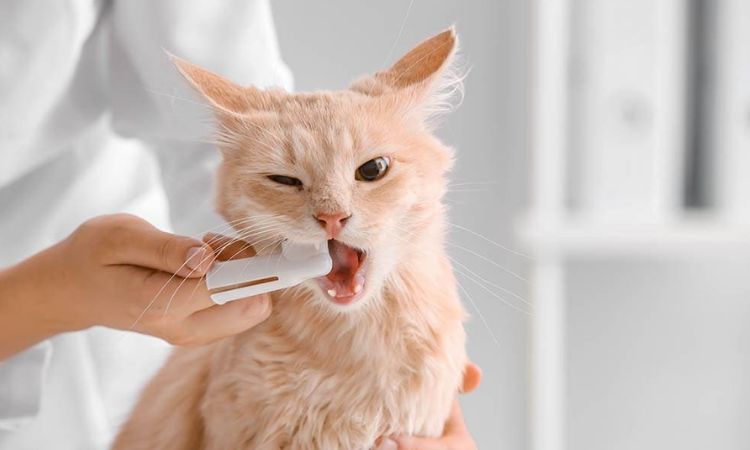
2. Gentle Oral Support and Hygiene
Maintaining oral hygiene and supporting healing at home can reduce bacterial load and minimize further irritation. However, only veterinary-approved products should be used:
- Oral rinses or water additives: Products containing chlorhexidine or other non-irritating antimicrobial agents can help reduce plaque and bacterial buildup. Avoid human mouthwashes or any product containing alcohol, xylitol, or essential oils, as these can be toxic to cats.
- Administering prescribed medication: Many cats resist oral medications due to mouth pain. Techniques to improve compliance include:
- Using syringes or dosing applicators for liquid medications.
- Mixing small amounts of medication with soft food or treats, if recommended by the veterinarian.
- Applying gentle pressure to encourage swallowing, while keeping the cat calm and comfortable.
- Avoid harsh brushing: Direct brushing of ulcers can worsen pain and inflammation. Focus on cleaning unaffected areas of the mouth only, as advised by your veterinarian.
3. Environmental and Stress Management
Stress can exacerbate immune responses and prolong healing in cats with oral ulcers. Creating a calm and supportive environment is crucial:
- Reduce stress factors: Minimize loud noises, abrupt changes, and conflicts with other pets. Provide quiet spaces where your cat can eat and rest comfortably.
- Hydration: Encourage drinking by providing fresh water in multiple locations, using water fountains if preferred, and offering water-rich wet foods. Adequate hydration supports tissue healing and overall health.
- Comfortable resting areas: Soft bedding and easily accessible litter boxes and resting spaces can help cats conserve energy while recovering from pain.
Home care for cats with mouth sores focuses on reducing pain, supporting nutrition, maintaining oral hygiene, and minimizing stress. While these measures can significantly improve a cat’s comfort and quality of life, they do not replace veterinary treatment. Always consult your veterinarian before implementing any home remedies.
Stomatitis in Cats Life Expectancy
Stomatitis in cats, also known as feline chronic gingivostomatitis (FCGS), is a painful and chronic oral disease. While it is not inherently fatal, its impact on a cat’s quality of life and nutrition can indirectly affect life expectancy if left untreated.
How Stomatitis Affects Life Expectancy
- Impact of Pain and Eating Difficulties
- Severe oral pain can make cats reluctant or unable to eat, leading to weight loss, malnutrition, and muscle wasting.
- Prolonged anorexia can result in hepatic lipidosis (fatty liver disease), a potentially fatal condition in cats if untreated.
- Secondary Infections
- Chronic inflammation and ulceration in the mouth increase the risk of bacterial infections spreading locally or systemically.
- Cats with weakened immune responses may be more susceptible to viral infections such as FIV or FeLV, which can further reduce life expectancy.
- Response to Treatment
- Full-mouth or partial tooth extractions (FME) are currently the most effective long-term treatment, with 90% of cats experiencing significant improvement.
- Cats who respond well to treatment can return to a normal life expectancy, assuming they maintain proper nutrition, hydration, and oral care.
- Cats with persistent or refractory stomatitis may require long-term medications (anti-inflammatories, immunosuppressants) but can still live a good-quality life if their pain is managed.
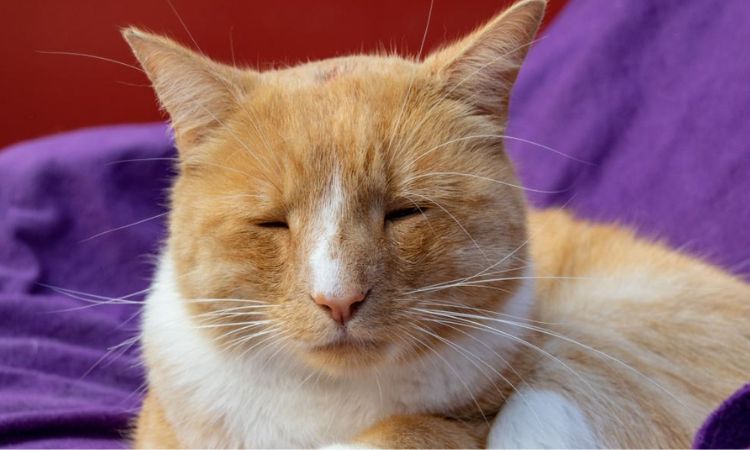
Prognosis
- Without treatment: Life expectancy can be significantly reduced due to chronic pain, anorexia, and complications like hepatic lipidosis or severe systemic infections.
- With appropriate veterinary care: Cats can live normal lifespans, especially if underlying dental disease is addressed and supportive care is provided.
- Regular monitoring: Cats with a history of stomatitis require ongoing dental care, routine checkups, and sometimes dietary management to prevent recurrence.
Cats with stomatitis and mouth sores can live a normal lifespan if treated promptly. Home care eases discomfort, but veterinary intervention dental cleaning, medications, or tooth extraction is essential for lasting relief and improved quality of life. Regular monitoring and oral hygiene help manage this chronic condition effectively.


